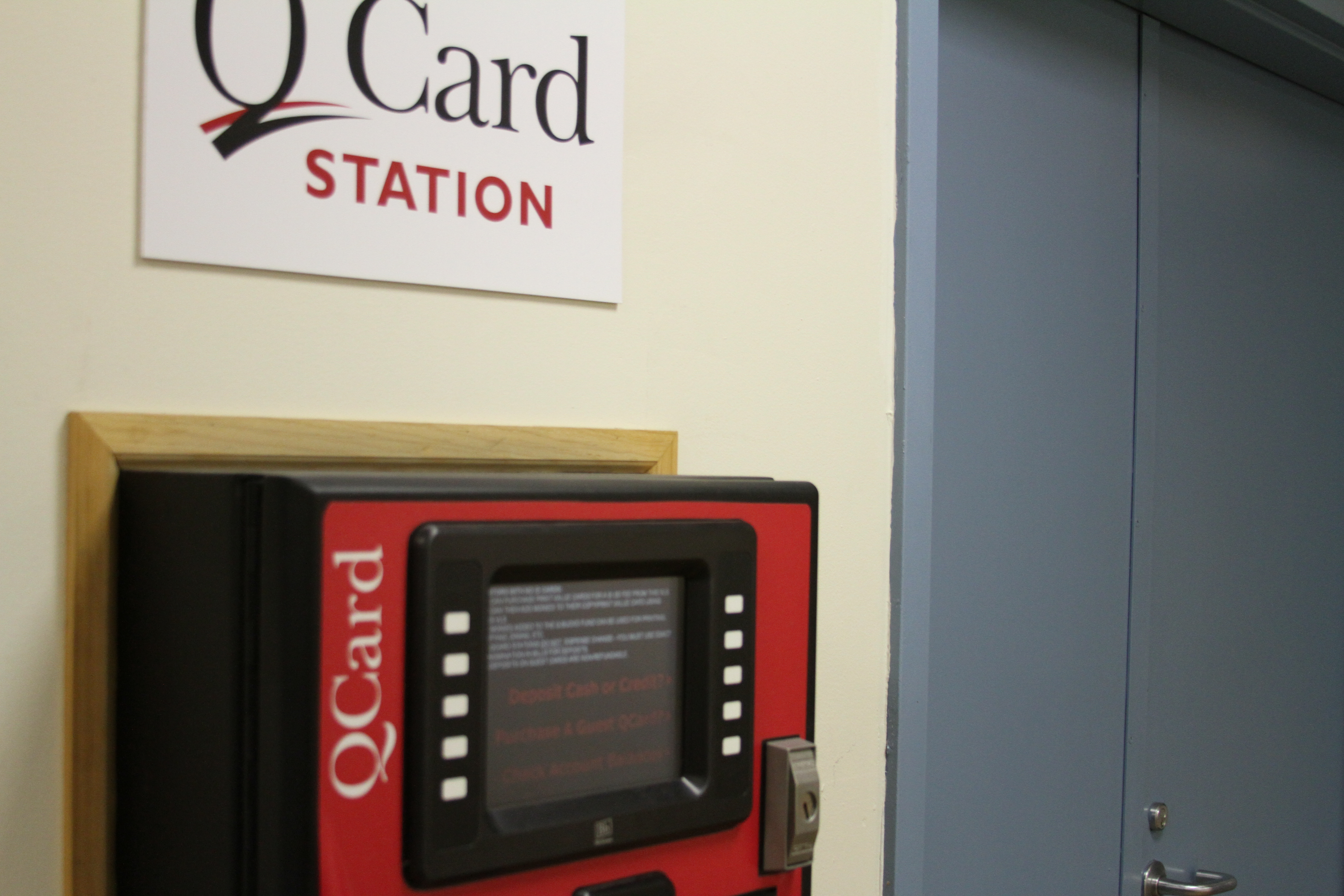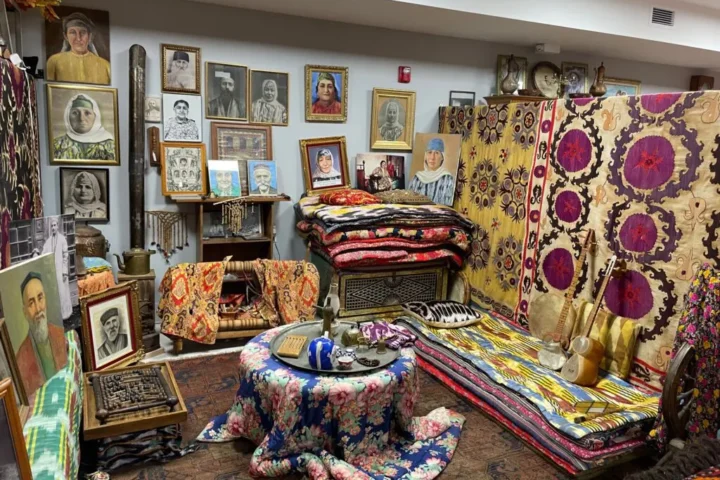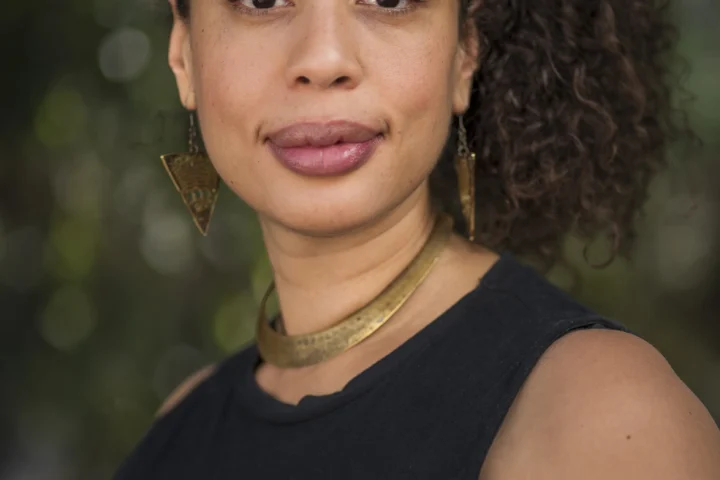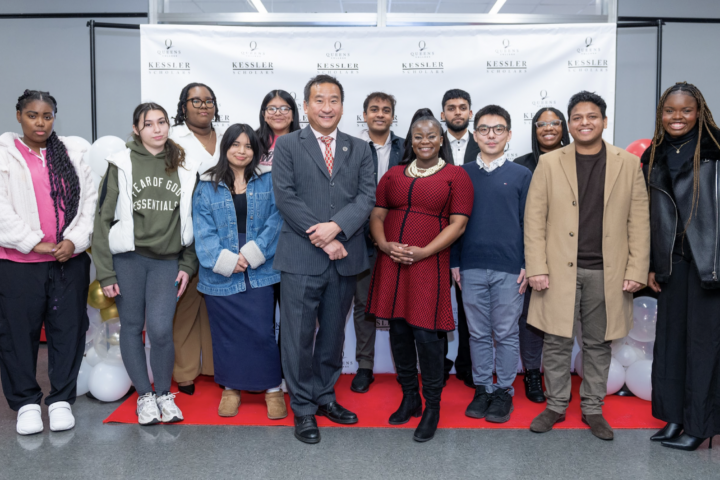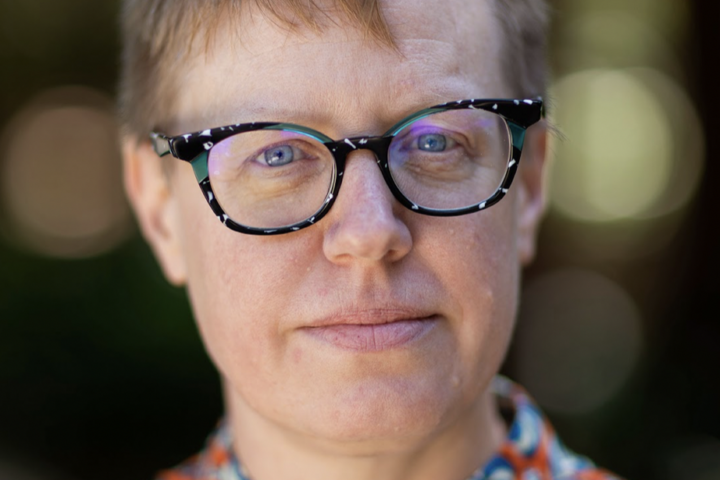The lights stayed on as the cameras rolled at the taping of mtvU’s “Best Class Ever,” featuring Queens College psychology professor Susan Croll, on Aug. 7 at Rosenthal Library.
“Best Class Ever” is a new show on mtvU, MTV’s 24-hour college network that features top professors from around the country giving their lectures to a national audience.
Croll’s lecture, titled “Prisoners of Our Minds: What Do We Really Know about Our World?” began with an introduction by QC president James Muyskens.
Croll, who is ranked number six out of a list of 25 top professors in the United States on ratemyprofessor.com, was introduced by President Muyskens with great admiration as he quoted a student saying, “Scientists should perfect cloning and create a clone of Croll.”
In search of teachers from the list who would want to have their lecture recorded, mtvU reached out to Croll who was willing to participate because she thought that it was good for the college to get some exposure.
QC senior David Sibrian never took a class with Croll but came to the lecture because of the notoriety of MTV; he really enjoyed the way Croll taught her lecture.
“I liked her teaching style — storytelling, it was very animated and interesting, it got my attention,” Sibrian said.
Croll, who specializes in neuropsychology, believes that one of the beauties of teaching psychology is that she is able to relate students’ behavior to her own lessons.
“I try to relate every new concept that I’m teaching to something that is in everybody’s lives, something that people could really relate to and that is personal to them,” Croll said. “I try not to use a whole lot of jargon and terminology till I introduce it so I speak very casually.”
Terms such as Kanizsa triangle and Pacinian corpuscle are often used in psychology, but by using images, facts and stories, Croll is able to get her audience, whether they are experts or beginners, to follow along.
Her motto, “we are prisoners of our own minds,” is displayed in her teaching habits. Showcasing her interactive teaching style, she asked her audience what the color of her water bottle was.
The answer was obvious to most students — green, but as Croll continued to question the color of the water bottle, asking if it really was green, the students began to understand that their perceptions of what could be green could actually be something else.
“All that we’re aware of are our perceptions and we have to understand that everyone’s perception is going to be different based on their experiences,” Croll said.
She closed her lecture by discussing “The Matrix,” a 1999 sci-fi film, which she says, provides a wonderful example of what it would be like to live in a fabricated world.
“What could happen in a world that’s fabricated? How can we ever know? Because we’re prisoners of our own minds and that’s all we’ll ever be,” she ended.








